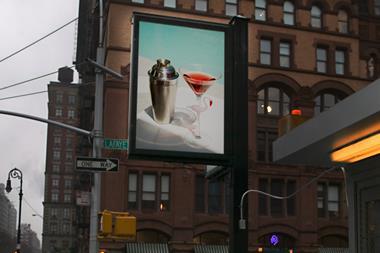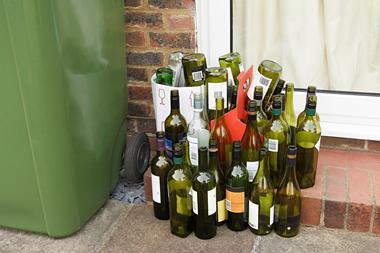After the fuss caused by the supermarkets' submissions to the Competition Commission, the inquiry team has turned its antennae towards suppliers. The Commission has written to 40 major manufacturers asking for details of the prices they charge different customers on their top-selling branded products.
But will this be enough to convince wholesalers and smaller retailers that the Commission is taking adequate steps to establish whether there really is such a thing as the 'waterbed effect'?
The Commission all but says in its letter to suppliers that it is prepared to accept that buying higher volumes will mean lower prices.
But, given the quantities the major supermarkets buy, it's hard to see a situation where a manufacturer will not be supplying a product in larger volumes to big supermarkets than to other customers. So it seems possible that the inquiry team will establish that, yes, supermarkets pay less for products than wholesalers and smaller retailers, but it's because they buy more. And whether this will shed any light on the debate seems open to doubt.
But will this be enough to convince wholesalers and smaller retailers that the Commission is taking adequate steps to establish whether there really is such a thing as the 'waterbed effect'?
The Commission all but says in its letter to suppliers that it is prepared to accept that buying higher volumes will mean lower prices.
But, given the quantities the major supermarkets buy, it's hard to see a situation where a manufacturer will not be supplying a product in larger volumes to big supermarkets than to other customers. So it seems possible that the inquiry team will establish that, yes, supermarkets pay less for products than wholesalers and smaller retailers, but it's because they buy more. And whether this will shed any light on the debate seems open to doubt.














No comments yet